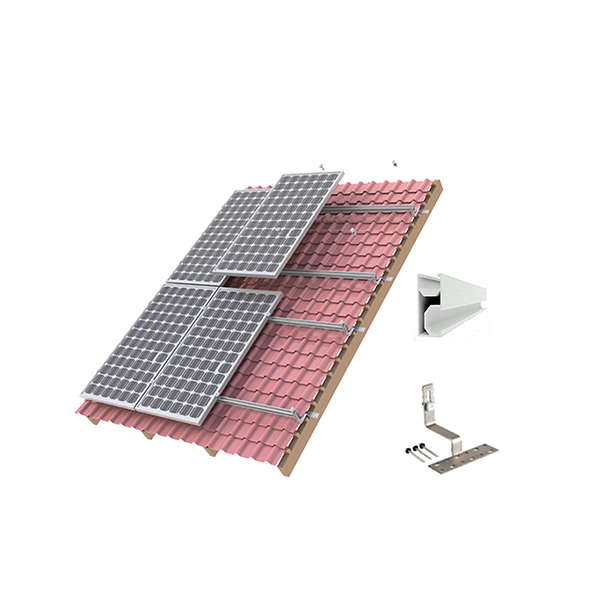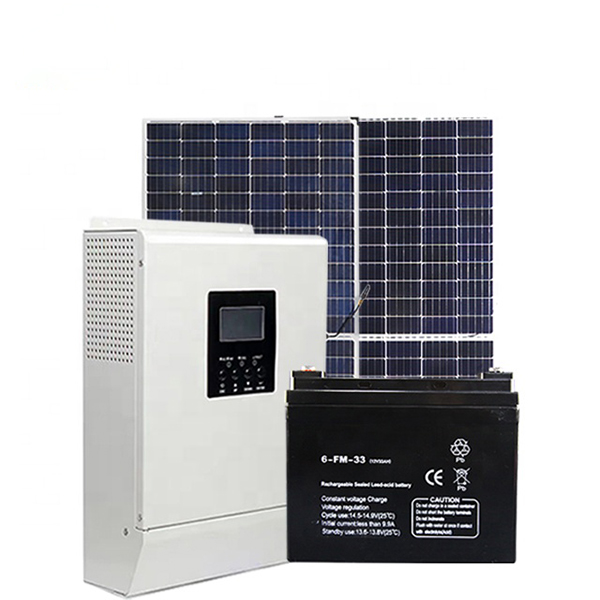If you’re a homeowner, it’s not hard to see the appeal of solar panels.Whether you’re conscious of your carbon footprint or budget (or both!), installing DIY solar panels can reduce your impact on the planet and lower your monthly energy bills.
But while DIY solar panels can be an elegant and eco-friendly option in some situations, they’re not a one-size-fits-all solution to everyone’s energy-related problems.Below, we’ll walk you through the pros and cons of doing a DIY project to install your own solar panels.We’ll help you decide whether to take on this task or pursue other options, such as a solar purchase agreement or professional installation of solar panels.

One of the main appeals of any DIY project, besides the satisfaction of getting a job done well, is saving money.When you choose to install solar panels on your property yourself, it means you don’t have to pay for anyone else’s expertise or labor, which often adds considerable cost to the project.
According to research conducted by the U.S. Department of Energy’s National Renewable Energy Laboratory, labor typically accounts for about 10 percent of the total price of installing solar panels.Given that the average cost of installing solar panels is $18,500, this represents a savings of nearly $2,000.This is a large sum of money that can be kept in your bank account.
However, there is a trade-off.If you don’t pay someone else to do the installation work, it means you are doing it yourself.This means a lot of manual labor and time to set up the system, which you do on your own.You also may not be able to claim certain incentives for homeowners who install solar panels.Some of the tax rebates the states offer for going green require a certified company to do the installation for you.To make sure you’re actually saving money, it’s worth checking out these incentives and how much they’ll save you.
The process of installing solar panels can be done by yourself.There are solar systems designed specifically for DIYers, which, while sometimes time-consuming, should be doable.
It’s worth noting, though, that many DIY solar panels aren’t designed to connect to traditional energy grids.They are more designed for off-grid purposes, such as powering RVs or other spaces not typically served by standard utilities.If you just want to supplement your traditional energy source, DIY solar panels can get the job done.If you want to power your entire home with solar energy, it’s best to trust the experts.
Installing a full solar system requires at least some working knowledge of an electrician so you can properly handle wiring and other technical aspects.You may have to work in relatively hazardous environments, including working on roofs and working with buried wires.The risk of an accident is high; crossed wires can cause malfunctions or even electrical fires.Depending on your city’s zoning laws, it may also be illegal for you to do this work without professional help.
As always, if you have any questions about your home installation project, please consult a qualified professional.
As mentioned earlier, most DIY solar panel projects are not meant to replace conventional energy sources.They provide the ability to supplement power from the grid or to power smaller spaces like an RV or tiny house.But for a full-size home, a professionally installed solar system may be best.
There are some setups that are perfect for DIY solar projects.If you have a garage or shed that needs electricity, you can take it off the grid and use solar panels to power it.DIY solar panels often offer more flexibility in size and placement, so they can be set to the alignment that works best for you in those setups.DIY solar panels can also be used as a backup option if you’re going to be disconnecting from the grid, as long as you have a functioning solar cell to store the generated electricity.
Solar panels typically last about 25 years, but that doesn’t mean there won’t be problems along the way.Especially DIY solar panels may require maintenance as the quality cannot be guaranteed.
Maybe you’re trying to save upfront costs and buy cheaper panels that are more prone to wear and tear.Unfortunately, you may end up replacing them on your own.Unless the failure is covered by the manufacturer’s warranty, you may have to replace the panel yourself.If you install the panels yourself, you’re more likely to accidentally void the warranty.

Usually, professionally installed panels come with some sort of warranty from the installation company.They will be able to resolve any issues you may have and may even cover the cost.
DIY solar panels can create a fun project and function for your home, providing extra power from renewable energy sources.However, these panels are better suited for smaller spaces like a shed or tiny house.If you’re looking to ditch the grid entirely and power your entire home with solar, consider professional installation.It may cost more upfront, but the added benefit of expert installation, support in the event of future failures, and access to comprehensive tax benefits may eventually pay for itself over time.
Post time: May-17-2022




